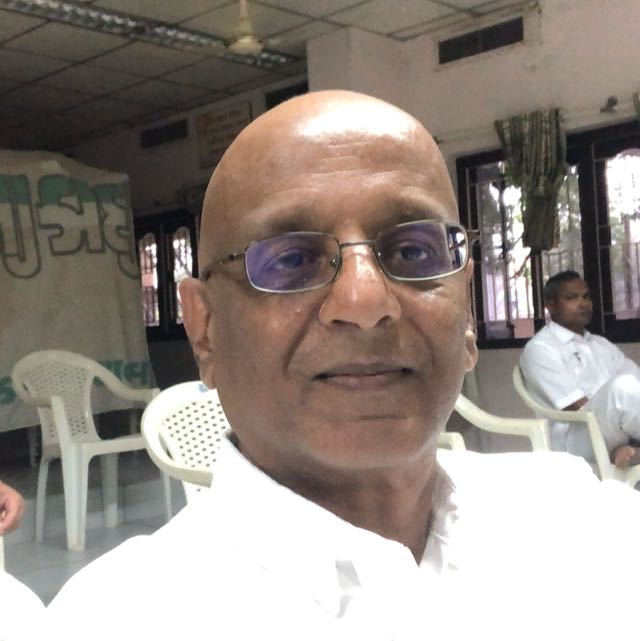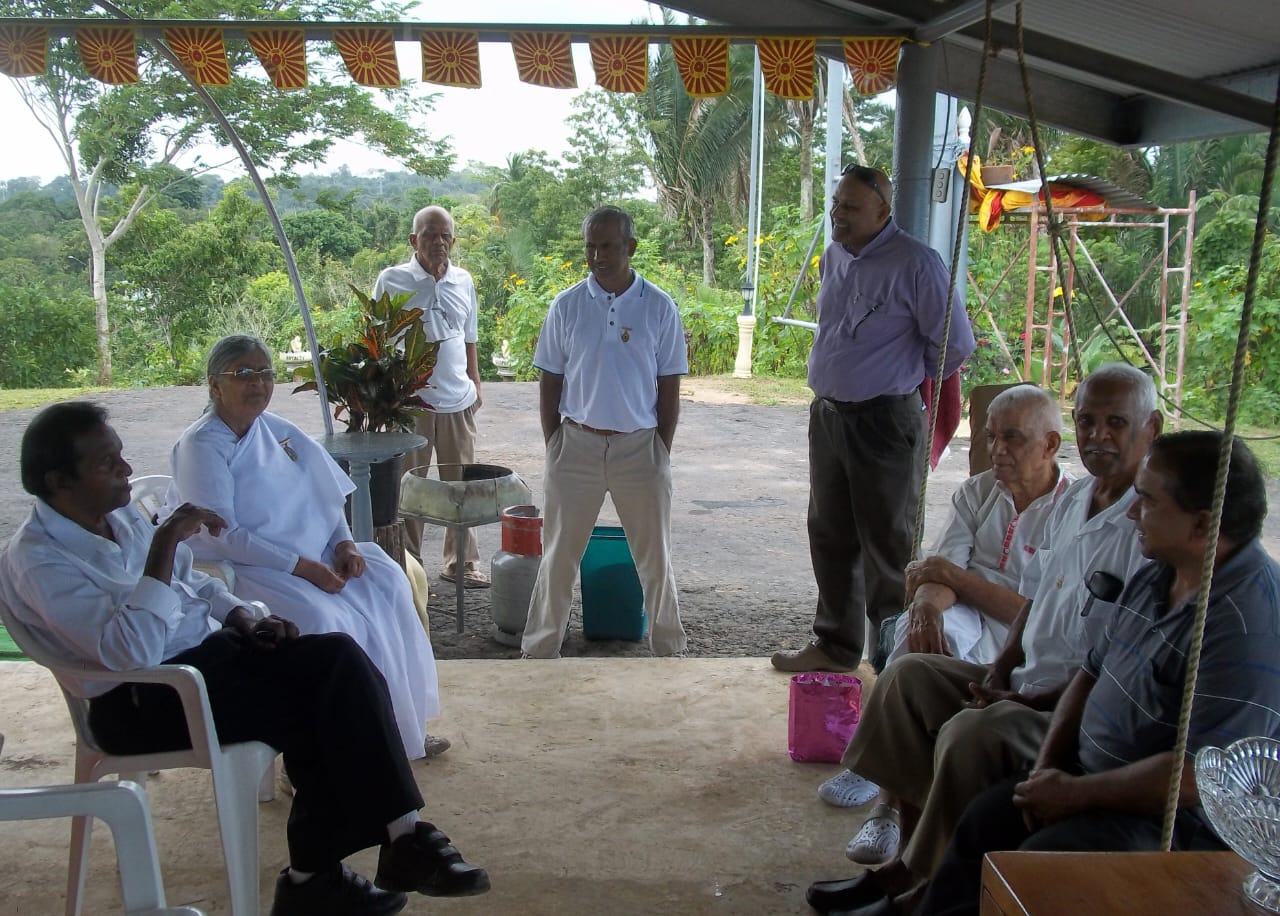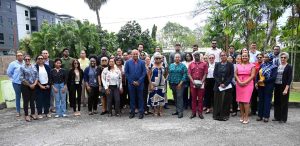
DR Jerome Teelucksingh, lecturer at UWI, chose 19th November to be observed as International Men’s Day. The Trinidad Guardian printed an article on the 18th March 2025, highlighting suicide as a major issue facing families in Trinidad and Tobago. Suicide rates among men, especially older men, have reached alarming rates. Behind the numbers are stories of financial isolation, loss of purpose, and a profound questioning of self-worth. Often, identity is tied to external achievements, social roles, or physical abilities. But when these change or fade, despair can follow. Building a sense of identity beyond the physical may provide a lifeline — a stable source of self-worth and meaning that transcends age, circumstance, or status.
Externally defined
From an early age, men are taught to equate identity with doing rather than being. Success, productivity, and physical strength are seen as proof of worth. But when roles change, retirement comes, or health declines, that sense of self can collapse. Identity rooted only in the temporary leaves men vulnerable to feelings of invisibility and despair. The challenge lies in building a foundation that is enduring rather than dependent on external validation.
Value men and boys
As a society, and within families, we must see and appreciate men and boys for their inner worth, not merely for their roles as providers or protectors. Men silently bear the weight of expectation, believing that love and respect must be earned through productivity or income. When we acknowledge their gentleness, creativity, humor, and emotional depth, we allow them to express the full range of their humanity. Families can play a healing role by affirming men and boys as human souls with feelings, aspirations, and morality. When a man feels valued for his being rather than his utility, his sense of identity and purpose is naturally reaffirmed.
Inner power
Men who recognize themselves as spiritual beings regain a sense of agency, even when external control is limited. Instead of asking, “What have I achieved?” they begin asking, “What qualities can I bring to this situation?” Patience, kindness, humility, and understanding are infinite resources of the soul. By cultivating these virtues, men can transform weakness into wisdom and dependence into connection. Older men in particular, can become sources of guidance and calm, embodying stability and grace for their families and comrades.
Connection and compassion
A deeper sense of identity fosters empathy and dissolves loneliness. Men often suppress vulnerability, fearing it signals weakness. Yet when identity is rooted in spiritual awareness, openness becomes strength. Recognizing shared human struggles enables men to connect with others, share their burdens, and cultivate compassion. Inner identity creates resilience and nurtures relationships, even when external circumstances are difficult.
Spiritual perspective
Matthew 16:26 states, “What does it profit a man if he gains the whole world yet forfeits his soul.” The Brahma Kumaris also emphasize that human sorrow often arises from forgetting our spiritual origin. Every person is originally a soul, a being of light, filled with the virtues of peace, love and happiness. When this spiritual identity is remembered, a deep calm and self-respect emerges, independent of age, health, or social status. Practices like Raja Yoga meditation help individuals experience themselves as souls in relationship with the Supreme Soul, drawing strength, hope, and purpose even during life’s most challenging moments.
Despair to dignity
Thoughts of suicide emerges from feeling unseen, useless, or lost, even when these perceptions are not reality. At such times, the support of friends and family are essential. Go beyond your fears and reach out, it’s so much better to be safe rather than sorry. My grandmother used to say: ‘You only miss the water when the well runs dry.’ I lost a cousin during Covid and till this day it still nags me that I should have done more. Every human being is so precious, no matter their standing in life. Recognizing their worth and dignity is transformative. Society must honor men not only for what they produce but for who they truly are: beings of wisdom, care, and light.
Conclusion
Practical steps to nurture spiritual identity include reflection, meditation, prayer and silence. These practices shift focus from external roles to the inner self, where peace and purpose reside. Reconnecting with the inner source in solitude, enables people to find meaning, even after retirement, illness, or personal loss. When the world stops applauding, the soul will still be shining.
Vijai Sadal is a student of the Brahma Kumaris Raja Yoga Meditation Centre. He can be reached at vijai@pepesmkt.com
![]()













